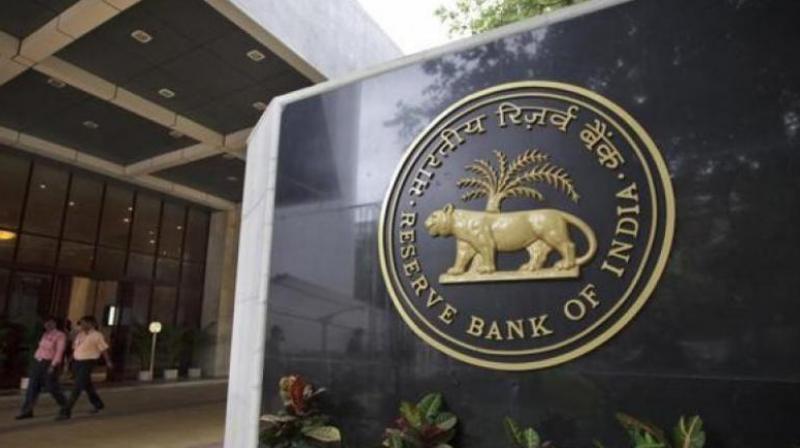Central bank just did something crazy
Central banks generally hate giving surprises.

The Reserve Bank of India is ending the year as it began: with a shock.
Policymakers held their benchmark interest rate at 5.15 per cent on Thursday. Not a single economist among the 43 surveyed by Bloomberg News predicted this outcome.
Central banks generally hate giving surprises. It makes people wonder what officials know that they don’t, and tends to sap confidence. So what explains this head-scratcher?
Blame inflation. The RBI cited concerns about rising prices, given that headline inflation breached its 4 per cent medium-term target in October. Food prices have skyrocketed as a result of heavy rainfall, with the cost of onions up 45 per cent in September and a further 20 per cent the following month, according to the central bank’s statement.
With India’s economy crumbling all around him, it strikes me as a bit short-sighted that RBI Governor Shaktikanta Das is getting caught up in vegetables. Gross domestic product increased just 4.5 per cent in the third quarter, government figures showed last week. Little more than a year ago, India was notching an expansion of more than 8 per cent. If demand is sliding then price increases ought to subside. There’s little inflation in a graveyard.
Das started the year with a politically expedient cut, which many doubted he’d deliver so early in his tenure. His two predecessors left their posts amid questions about central bank independence. That February decision was right, and even lucky, as I’ve written. This one is more questionable.
For a major economy, India appears far too worried about inflation target, especially when other central banks are questioning their effectiveness. The Federal Reserve, for instance, is reviewing how it incorporates its target into monetary policy.
A better decision would have been to reduce rates by the quarter point most economists predicted, and then use the accompanying statement to signal a standstill was coming. In other words, a “hawkish cut.” Hitting the pause button so abruptly risks conveying the idea you don’t know what you’re doing, or, at the very least, that your communications machinery has broken down. Das must have known this would be jarring.
The RBI appears to be counting on a brighter world economy to help tide it over. The opening paragraphs of the central bank’s statement notes the dour tone of the global picture that has prevailed this year, but says “some signs of resilience are becoming visible.” It points to the global rally in stock markets.
Das got the global economy right at the beginning of the year, when the RBI became one of the first important central banks to ease. But India’s domestic growth rate has sharply decelerated since, eclipsing the modest reductions in global forecasts by the International Monetary Fund.
India needs everything to go right outside the country if the domestic economy is to have a prayer. With trade wars blazing on every front, that’s looking less and less likely. The RBI picked a heck of a time to slow things down.

